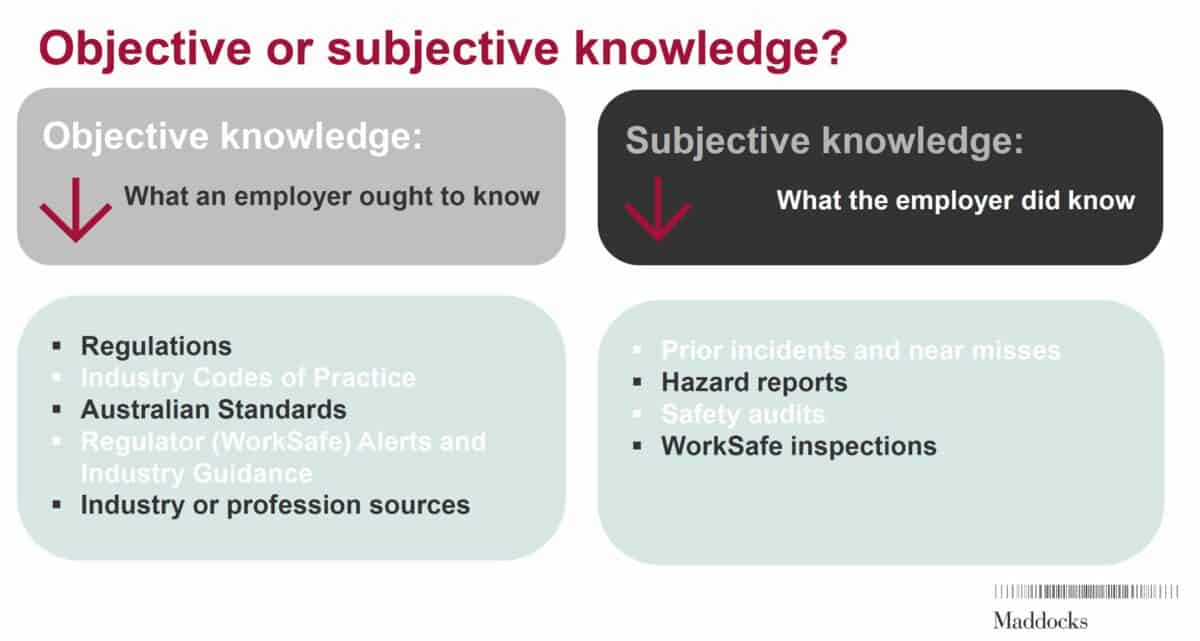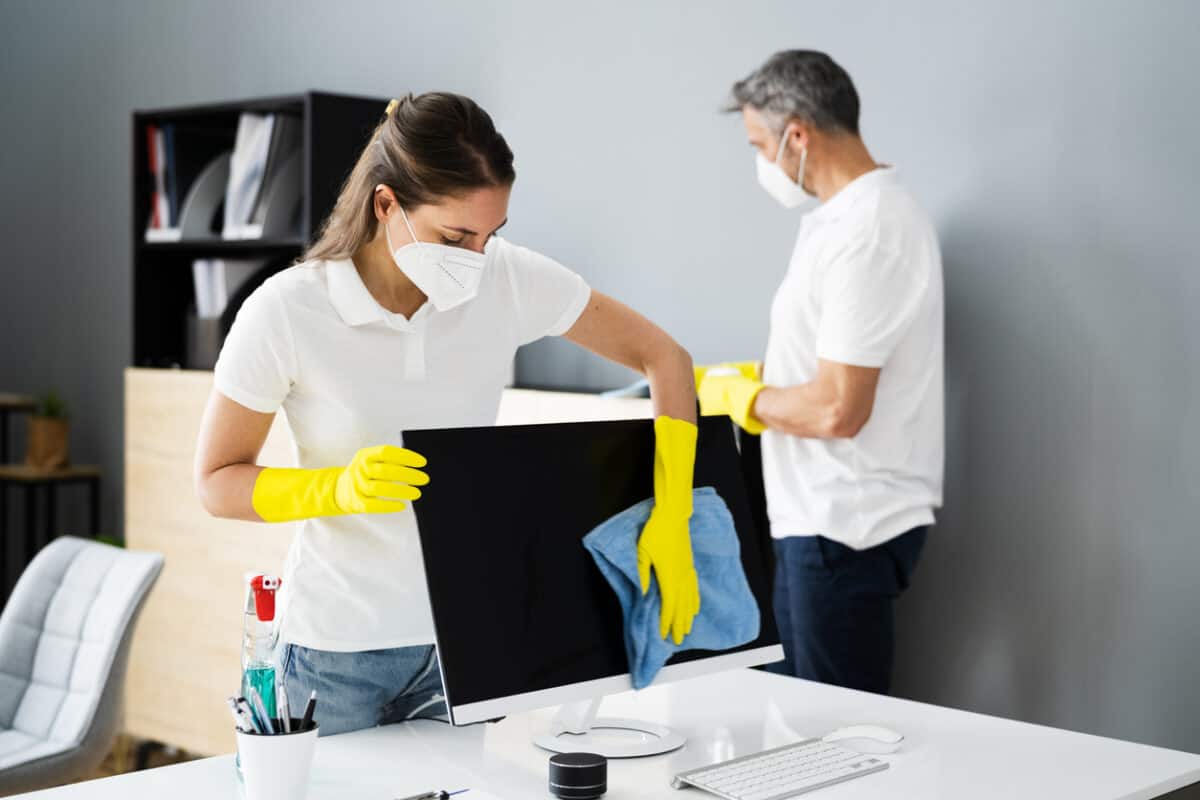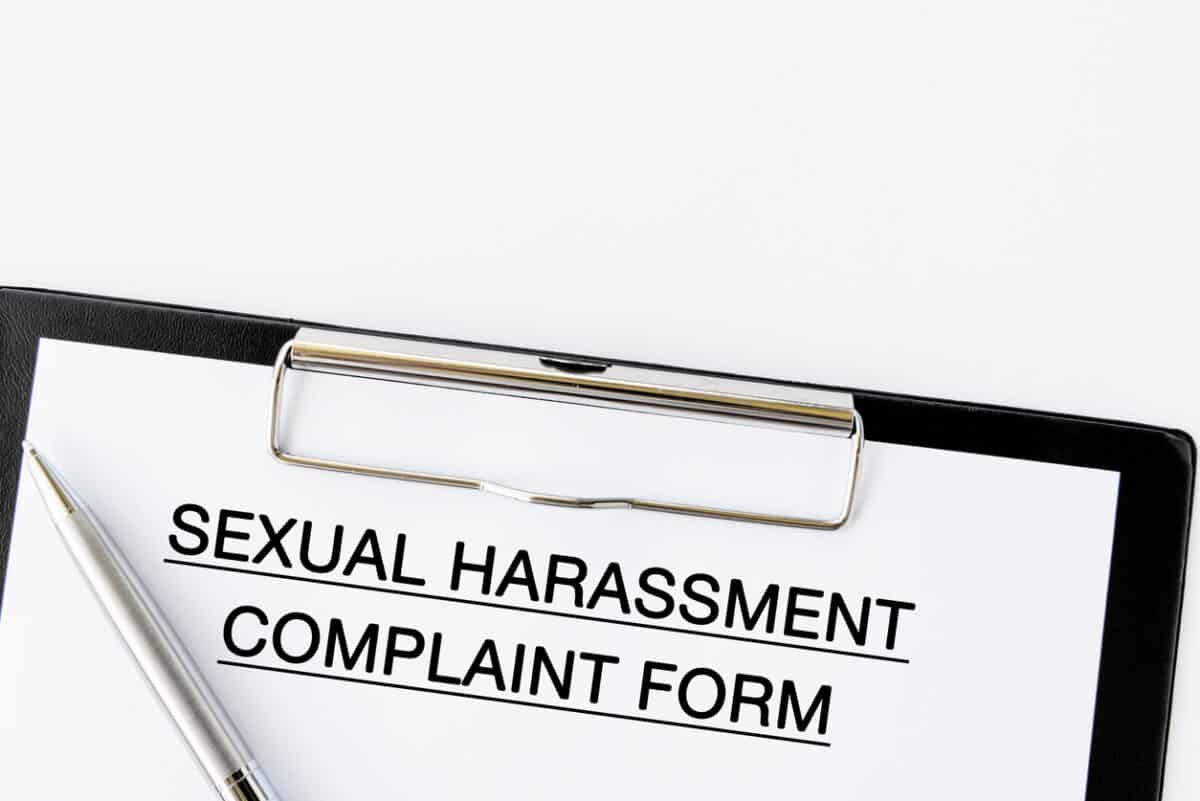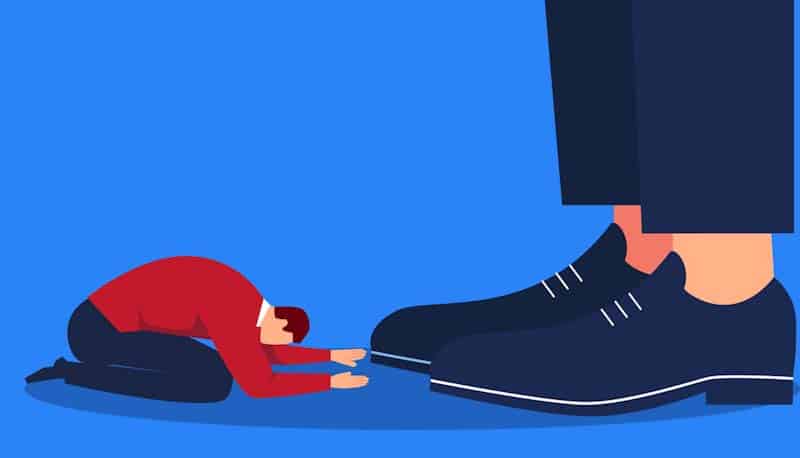There are many similarities between the management of occupational health and safety (OHS) and environment protection. Both seek to prevent and/or mitigate harm, and both have similarly focussed legislation. However, this similarity extends to vulnerabilities in each approach. Neither discipline is solely responsible for the lack of progress in prevention and protection, but both have not realised their potential for change.
Category: SafeWork
Improving the OHS state of knowledge
Earlier today, I wrote about the potential benefits of having an Australian Workplace Safety Bureau, an idea I first proposed in 2018. Others have similar thoughts.
On the Australian Broadcasting Corporation (ABC) website, Elizabeth Byrne has written about the decade-long effort of Kay Catanzariti to gain justice, and an apology, for the death of her son, Ben. Catanzariti has been a strong advocate for workplace health and safety for a long time. The ABC article quotes Catanzariti:
“Mrs Catanzariti says her experience shows that investigators need more expertise. “I want a federal investigation team for deaths on worksites,” she says.”
COVID-19 lessons are more likely to come from an independent investigation than from OHS prosecutions
WorkSafe Victoria has a window of two years, within which it must start a prosecution for breaches of the occupational health and safety (OHS) legislation. As a result, a small number of notable prosecutions commenced recently from the early days of the coronavirus pandemic.
Over the last few weeks, Worksafe has started court action against St Basil’s Homes For The Aged, Heritage Care Pty Ltd and an individual nurse.
Do what you know is the right thing to do
Currently, Australia has an increase in hospitalisations of people with the latest COVID-19 variants and influenza. The Victorian Government, in particular, is resisting implementing a mandatory requirement for masks even though this Winter had been flagged as a season of high risk for transmissible infections, and such control measures were shown to be effective in previous years.
Regardless of the politics in the Victorian Government’s decision, and there is a lot of politics there with an election in November, what should employers do to reduce the risks of workers catching or transmitting the virus, and so maintain continuous operation and production?
Continue reading “Do what you know is the right thing to do”Victorian sexual harassment recommendations protect workers – sort of
In light of many workplace sexual harassment scandals in Australia, the Victorian Government established a task force to look at the issues and make recommendations. That task force has released its findings, the government has responded, and the media has focused on mainly one issue – non-disclosure agreements (NDAs) – missing out on other important information. And questions like, why did Victoria have the task force at all?
The well-being budget is OHS’ time to make its case for inclusion
The Australian Treasurer, Dr Jim Chalmers is receiving good media attention for his thoughts on a “well-being budget”. This newsworthiness has been helped by American economist Joseph Stiglitz being on an Australian speaking tour at the same time. Stiglitz strongly advocates using socioeconomic measures to complement traditional economic measures. Well-being budgets shift how governments view policies, programs and strategies in a similar ideological fashion to how we should consider safety differently. The occupational context of well-being is well-established, but this new approach to measurement may challenge those established well-being programs.
Australia is not ignorant of the well-being budgets. It is not something created by Chalmers or just imported from New Zealand.
Update on the status of national psychologically healthy workplace regulations
The Australian Chamber of Commerce and Industry’s Jennifer Low appeared on a recent episode of the Psych Health and Safety Podcast and, as a member of the Safe Work Australia (SWA), was able to provide an update on the new psychosocial regulations section, which is to be inserted into the Model Work Health and Safety Laws this year.







